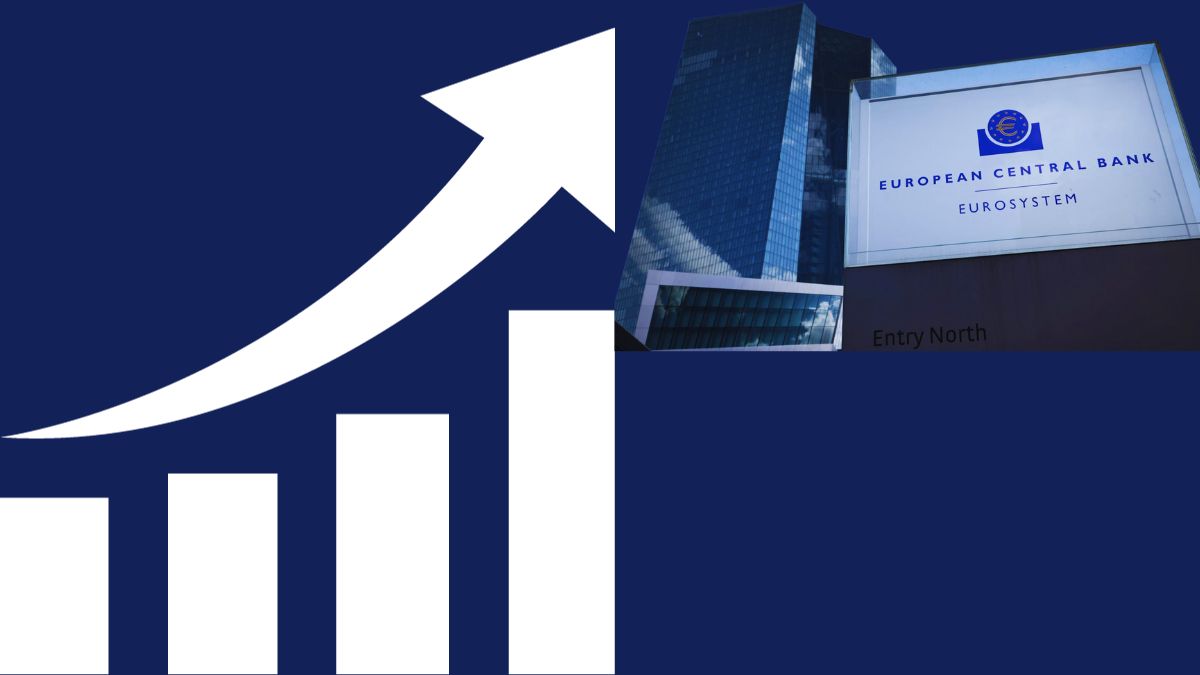In an effort to lower consumer costs, the European Central Bank increased interest rates to record-high levels. However, the euro plummeted as the central bank hinted that its cycle of rate hikes was about to come to an end.
You can check out the below tweet related to the European Central Bank (ECB) unexpectedly raising rates.
BREAKING: European Central Bank (ECB) unexpectedly raises rates by 25 basis points.
This is their 10th consecutive rate hike putting rates at 4.5%, their highest since 2001.
The ECB also cut all their growth forecasts through 2025.
The fight against inflation is far from… pic.twitter.com/L4V2uDT9IB
— Jason A. Williams (@GoingParabolic) September 14, 2023
To combat persistent inflation, the European Central Bank increased interest rates for the tenth consecutive meeting on Thursday, September 14, 2023, but it also gave the impression that it was likely done tightening monetary policy.
The central bank of the 20 nations that utilize the euro increased its deposit rate to an all-time high of 4% from 3.75%. Markets and economists predict that the ECB’s recent policy tightening action will be its final one and they now anticipate a protracted pause, followed by rate reductions in the second half of 2019.
A few days ago, the markets expected the most likely conclusion of the September 14 meeting to be a rate increase, but expectations have since changed as a result of a person familiar with the negotiations saying that the ECB will increase its inflation outlook for 2024 in updated forecasts.
ECB said in a statement:
“Based on its current assessment, the Governing Council considers that the key ECB interest rates have reached levels that, maintained for a sufficiently long duration, will make a substantial contribution to the timely return of inflation to the target.”
Price growth figures that have remained persistently high and growing recessionary fears have drawn policymakers in different ways.
Inflation Remains Stubbornly High, Casting Doubts on ECB’s 2% Target
Markets do not expect inflation to drop back to the ECB’s 2% objective even over the longer term as a particularly tight labour market drives up wages and high energy costs maintain the pressure on prices. Inflation is stubbornly stuck over 5%.
However, growth prospects are rapidly dwindling in part because of higher borrowing rates and even services, long the region’s shining star have begun to deteriorate increasing the likelihood that the economy could enter a recession.
These changes are reflected in the ECB’s revised economic estimates, which may increase concerns about stagflation—a situation in which there is high inflation and an extended period of economic stagnation.
After being predicted to be 3.0% three months ago, inflation is now expected to be 3.2% next year, while growth expectations have been lowered to 0.7% for this year and 1.0% for 2024. ECB added:
“Inflation continues to decline but is still expected to remain too high for too long, The Governing Council is determined to ensure that inflation returns to its 2% medium-term target in a timely manner.”
It added:
“The Governing Council’s future decisions will ensure that the key ECB interest rates will be set at sufficiently restrictive levels for as long as necessary.”
Prior to the September 14 meeting, the Governing Council’s ideological divide had appeared to be rather small. The main point of contention was whether the ECB had gone far enough or whether one more rate hike was necessary to bring inflation to goal sometime in 2025.
You can also check out our below posts related to this kind of topic:
- Retail Sales Modestly Increase in August, But Inflation Remains a Concern
- Black Swan Housing Market Crash: Real Estate Developer Issues Warning
You can follow our Twitter account and check out our other posts related to these kinds of topics.
